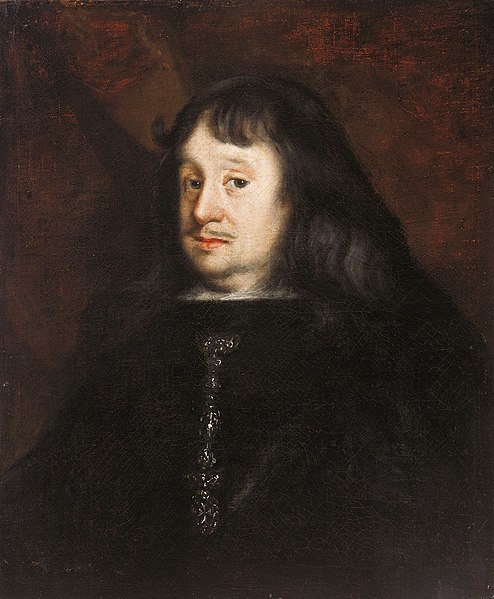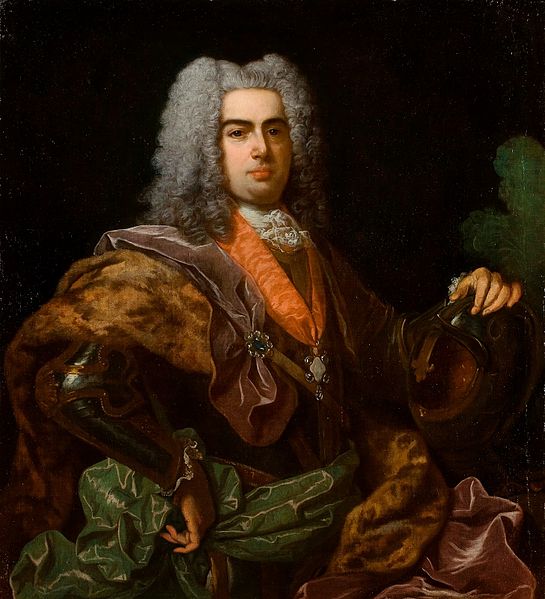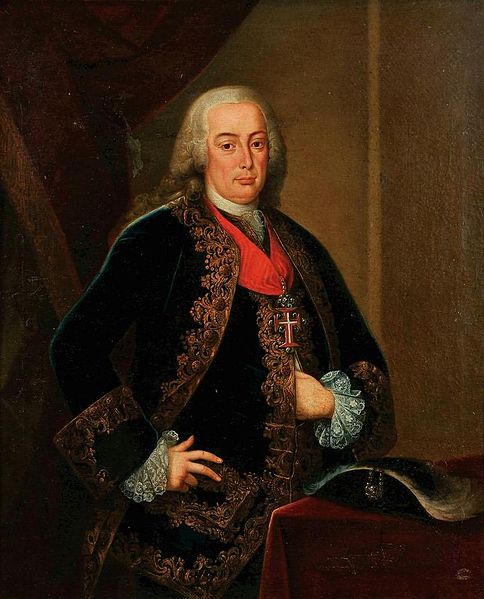Portuguese Restoration War
The Restoration War, historically known as the Acclamation War, was the war between Portugal and Spain that began with the Portuguese revolution of 1640 and ended with the Treaty of Lisbon in 1668, bringing a formal end to the Iberian Union. The period from 1640 to 1668 was marked by periodic skirmishes between Portugal and Spain, as well as short episodes of more serious warfare, much of it occasioned by Spanish and Portuguese entanglements with non-Iberian powers. Spain was involved in the Thirty Years' War until 1648 and the Franco-Spanish War until 1659, while Portugal was involved in the Dutch–Portuguese War until 1663.
Philip II & III of Portugal and Spain.
Catherine of Braganza, Queen Consort of England, Scotland, and Ireland.
António Luís de Meneses, Marquis of Marialva, led victories at the Lines of Elvas.
John of Austria was instrumental in leading the Habsburg forces.
History of Portugal (1640–1777)
From the House of Braganza restoration in 1640 until the end of the reign of the Marquis of Pombal in 1777, the Kingdom of Portugal was in a transition period.
Having been near its height at the start of the Iberian Union, the Portuguese Empire continued to enjoy the widespread influence in the world during this period that had characterized the period of the Discoveries. By the end of this period, however, the fortunes of Portugal and its empire had declined, culminating with the Távora affair, the catastrophic 1755 Lisbon earthquake, and the accession of Maria I, the first ruling Queen of Portugal.
A monument honouring the "restorers" in Lisbon, in the plaza with the same name
Afonso VI, second King of the House of Braganza.
John V of Portugal.
Sebastião José de Carvalho e Melo, Marquis of Pombal, Prime Minister of Portugal








